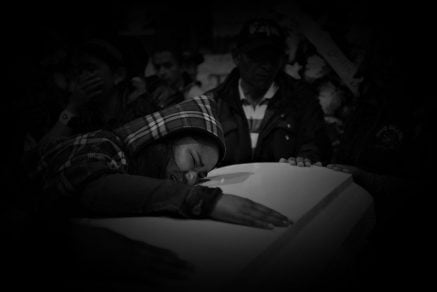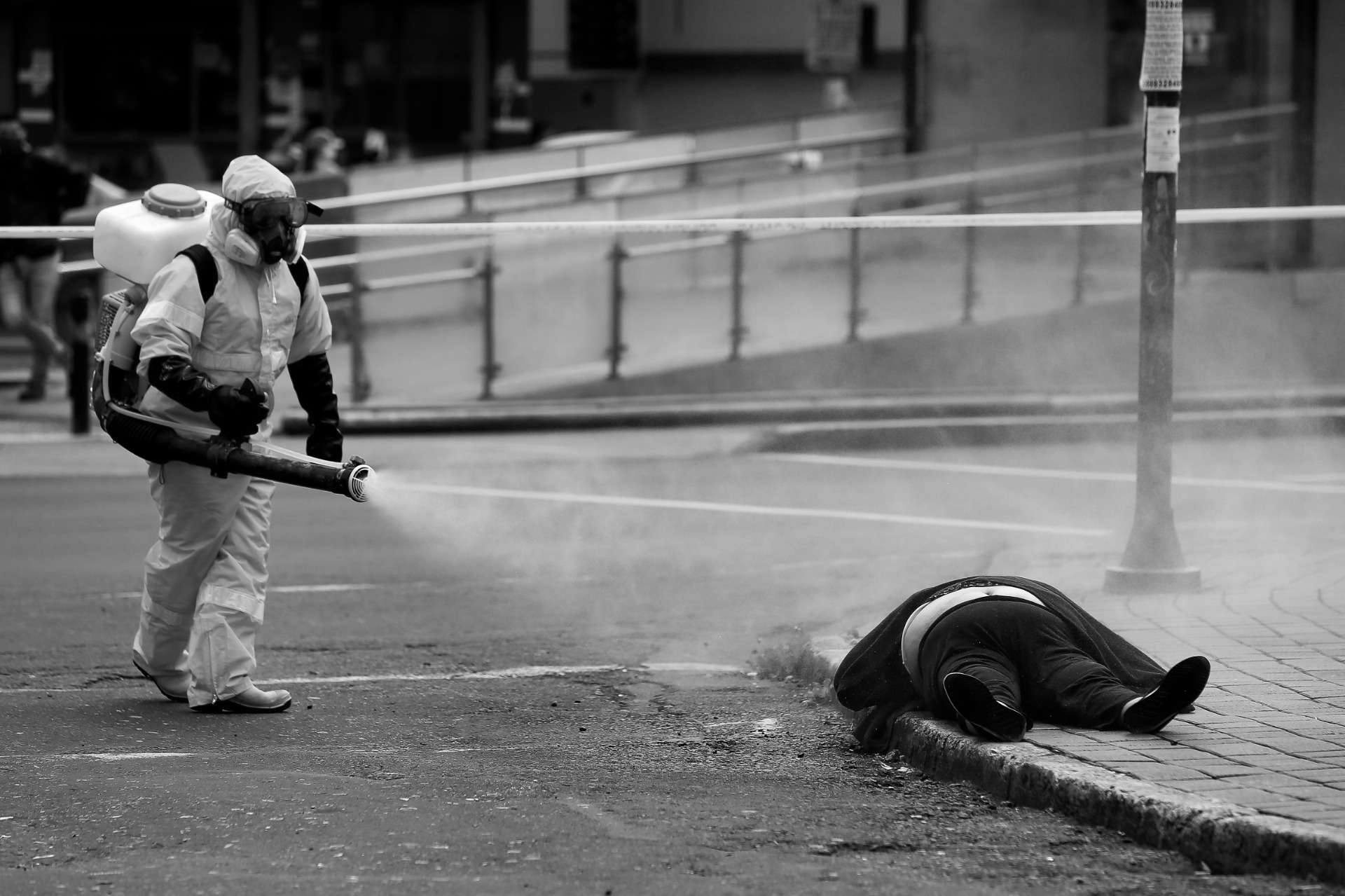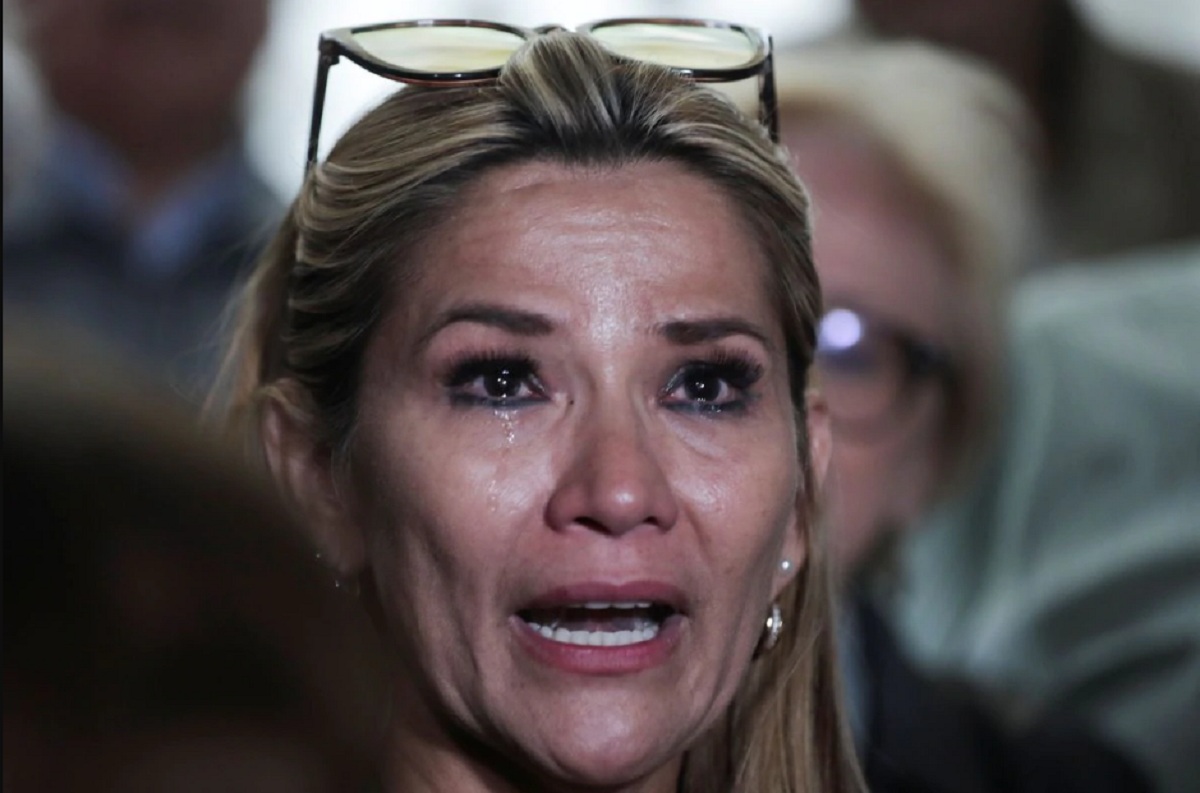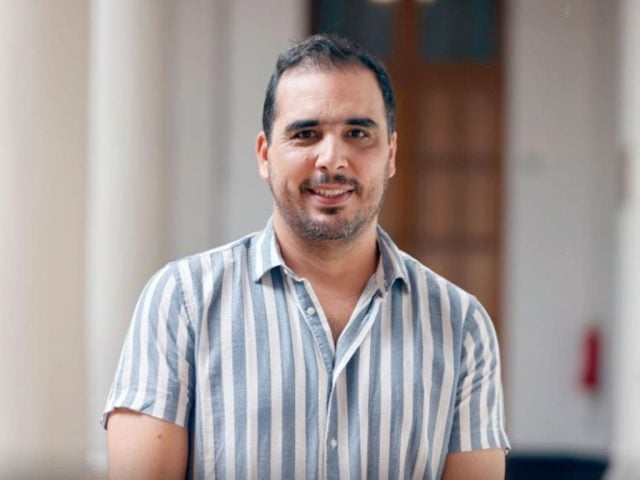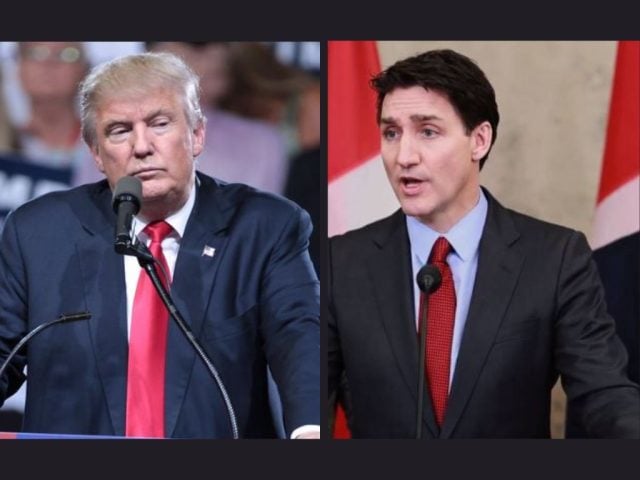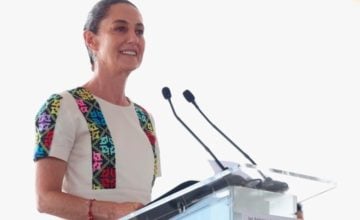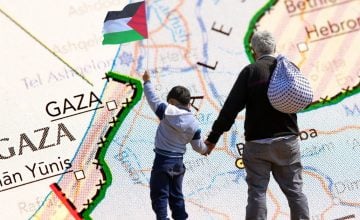During the last five years, Colombia has registered nearly 300 murders of indigenous leaders in its territory. Since 2016, this appalling figure has been rising and has increased more rapidly during the government regime of the uribista Iván Duque.
These indicators are not coincidental, since they show the same trend on other types of reports related to murders in Colombia during the Duque regime, such as the alarming death figures of social leaders and human rights activists, as well as the more than 1,300 Venezuelans who have been assassinated in the current government of the apprentice of former President Álvaro Uribe Vélez, creator of the false positives.
So far in 2020, including the mandatory quarantine period due to the COVID-19 disease pandemic, the indicator on murders against the native communities of Colombia has not stopped growing, and in the first six months of the year, at least, 40 indigenous leaders have been registered as victims of hired killers.
The Institute of Studies for Development and Peace (Indepaz) presented on June 9 a report on the murders of indigenous leaders in the period from 2016 to June 8, 2020.

In this study, there are at least 269 indigenous leaders killed and the vast majority of them during the presidency of the uribista Duque.
The organization gives an example of the confirmed cases during the last five years, which reflects the way in which this type of crime against indigenous peoples has been growing.
For example, in 2016 they recorded 31 murders; 45 in 2017, 62 in 2018, 84 in 2019 and 47 so far in 2020.
The study also highlights that, of this total, 262 indigenous leaders were assassinated after the signing of the Peace Agreement and 167 during the presidency of Iván Duque.
«In 2020, 47 indigenous leaders have been assassinated, 14 of them during the quarantine period», added Indepaz.

Regions with the highest number of murders
According to the Indepaz report, the department with the highest number of murders against indigenous leaders since 2016 has been Cauca, with 94 reports. An important fact about this region is that, of this total, 28 correspond to the first semester of this 2020.
This department is followed in the 2020 records by Nariño with 5 murders, Caqueta and Valle with 3, and one case in places like Putumayo, Norte de Santander, Córdoba, Chocó, Antioquia and Bogotá.
«What happens in Cauca responds to the logic of a department where territorial conflicts have historically occurred, with private legal and illegal sectors such as the mining sector», said Indepaz.
Other influential actors in the conflict, such as sugar mills, logging, ranching, mega-mining, land concentration, oil projects, hydroelectric projects, among others, also influence the upturn in cases against indigenous people in Colombia, highlights the study.

Indepaz indicates that the processes of claiming, restitution and recovery of land, in addition to the breaches of the Comprehensive National Program for the Substitution of Illicit Crops (PNIS), have intensified the crisis of leadership, which has opened the way, again, to the presence of armed paramilitary groups vying for control of drug trafficking routes.
The report emphasizes the actions led by indigenous peoples who have signed their autonomy and decided to remain in their territories as an essential condition to guarantee survival, «rejecting all the manifestations of the armed conflict and have assumed a position of peaceful resistance to all armed acts».
It also highlights that indigenous peoples «claim the right to self-determination so that their life plans are recognized and respected, as well as the projects in their territory that are intervened with national and international resources».
The report also stresses that the indigenous communities wish to be recognized «as victims of the armed conflict» and of armed actors within that conflict that endanger of truth, justice, comprehensive reparation and non-repetition towards ethnic peoples».

Assassinations of indigenous leaders in 2020
In the same Indepaz report it is noted that in the list of the 269 indigenous leaders murdered since 2016 in Colombia, several of them were human rights defenders, a total of 47 of them are cases that occured this year.
Of that total of 2020, 14 indigenous leaders have been killed between March and June, precisely during the period of confinement by the new coronavirus.
The document that highlights that the majority of these deaths, 167, have been during the Duque regime, also indicates that these crimes have occurred mainly in the department of Cauca, where there are serious land conflicts between communities and private legal and illegal sectors. .
Camilo Gonzalez Posso, director of Indepaz, told RCN Radio that the departments of Cauca and Nariño, concentrate, by far, the most serious situations because 28 of these leaders have been killed there this year.
But also in Bogotá – according to the Indepaz report – indigenous leaders have been victims of the conflict because of the smuggling of goods, extortion, kidnapping, money laundering, illegal appropriation of land and homes, among others, by groups of different types. and ends, divided between, the public force, the army, the national police, paramilitaries, drug traffickers, and guerrillas.

«It is the result of very serious conflicts, some immediate due to the pandemic because indigenous communities are controlling territory, they are exercising authority, they are saying no to people who want to carry out criminal activities in those regions and these attitudes collide with the interests of these groups that persecute them”, González pointed out.
The Indepaz spokesperson added that there are also «historical conflicts over land, mining, cocaine and marijuana drug trafficking, and the willingness of indigenous authorities to control this situation».
González indicated that the murders and attacks against indigenous leaders have not had an adequate response from the Duque government, especially with «effective protection measures, recognition of the indigenous guard and others operating in the regions».
The head of Indepaz also noted that violence against Aboriginal communities «is part of a long history of discrimination, loss of freedoms and lack of attention to the State’s obligations to guarantee ethnic and territorial rights».
